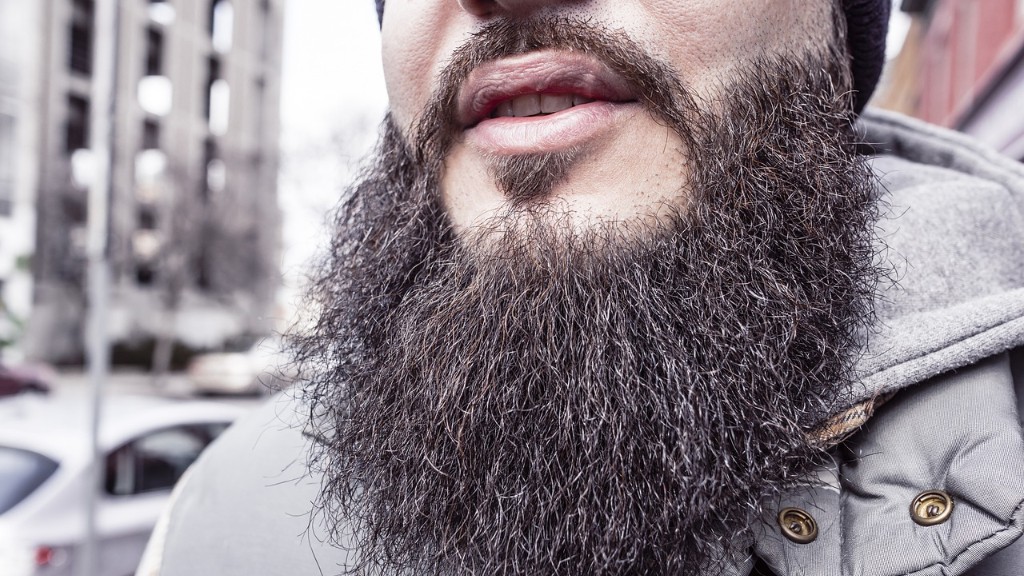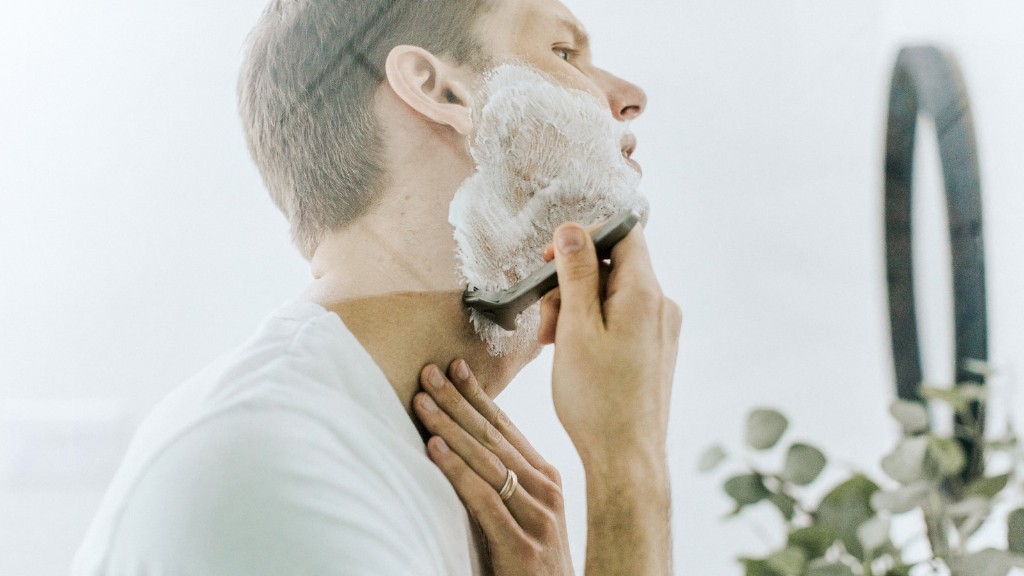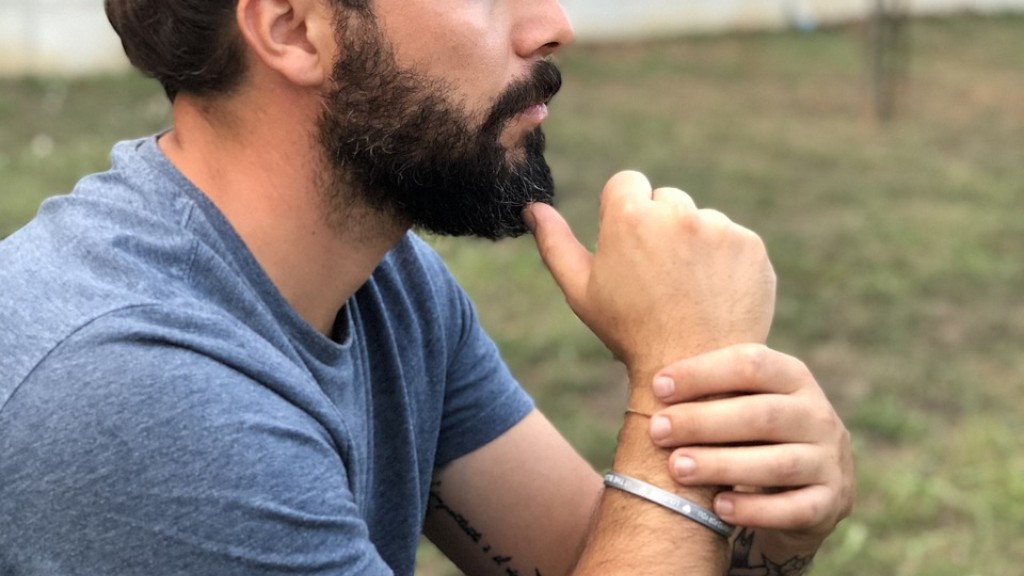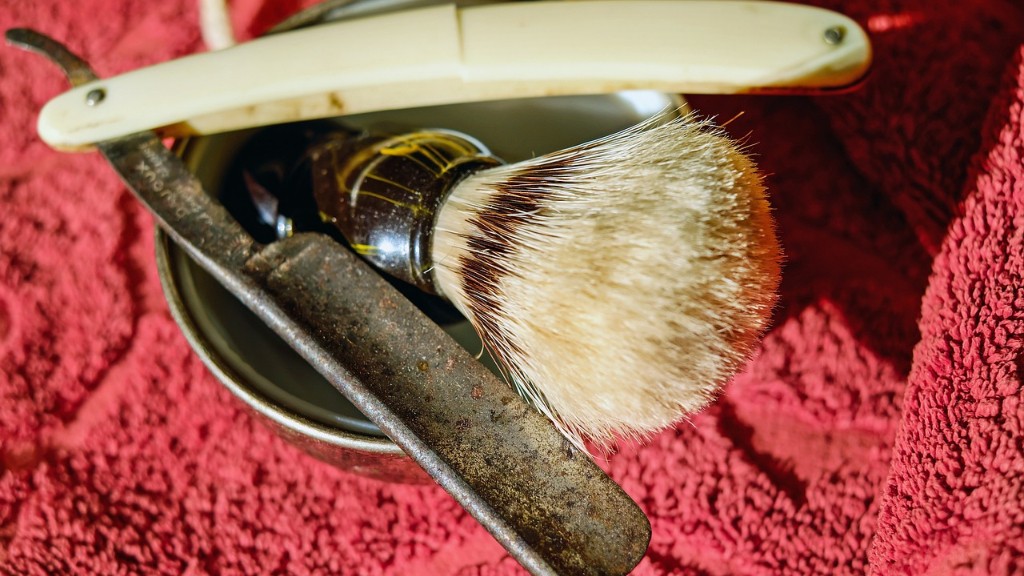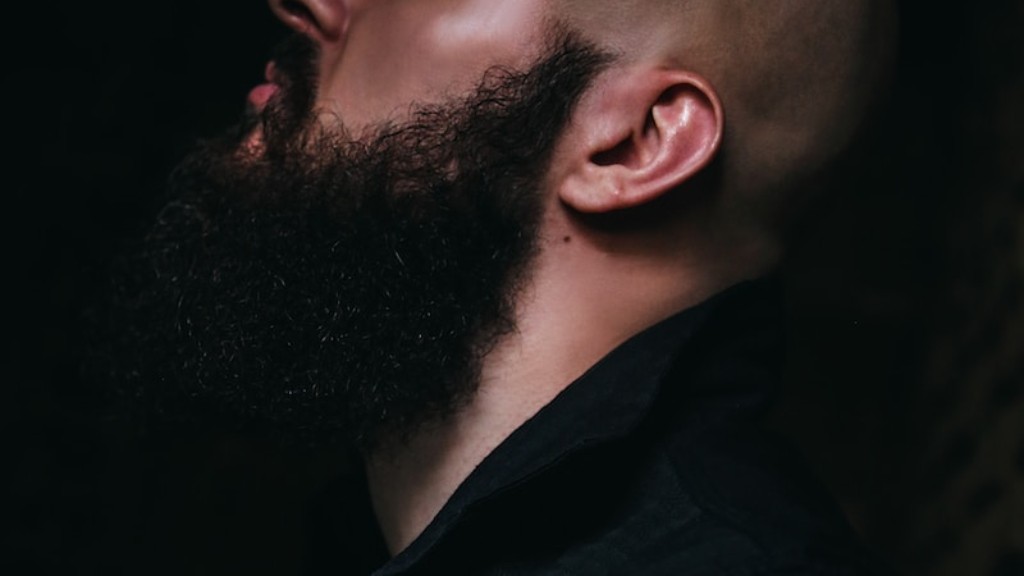There has been a lot of debate about whether or not members of the military should be allowed to have beards. Some people say that beards are not professional and that they can be a safety hazard. However, others argue that beards should be allowed because they are a form of self-expression. Ultimately, the decision about whether or not to allow beards in the military is up to the individual branch of the military.
There are different rules for different branches of the military, but in general, beards are not allowed.
Are beards allowed in military?
The article demonstrates that there is a significant association between delays in promotion and shaving waivers. This is likely due to the fact that the military requires all male members to maintain a clean shave whenever in uniform, unless waivered. This policy may need to be reviewed in order to ensure that promotions are not delayed for those who are unable to shave for medical or other reasons.
I think it’s kind of unfair that only special operations units are allowed to have beards. I mean, I get that it might be a safety issue in some cases, but I don’t see why regular soldiers can’t have them too. It just doesn’t seem fair.
Why doesn’t the US military have beards
It is interesting to note that despite the fact that US military leaders have long prohibited service members from growing beards, this has not always been the case. In fact, during the American Civil War, many soldiers sported beards as a way to display their rugged masculinity and courage on the battlefield. In more recent years, however, the US military has become increasingly focused on maintaining a clean, professional appearance, and has thus cracked down on facial hair. The main argument against beards is that they can interfere with the seal of a gas mask or other devices that service members wear to survive hazardous environments. While this is a valid concern, it is worth noting that there are many ways to safely and effectively wear a gas mask with a beard, and that the US military has been able to successfully accommodate bearded service members in other countries, such as Israel.
Since the early 20th century, beards and sideburns have been banned in all military and police forces. A clean-shaved face is considered part of a spirit of order, hygiene and discipline.
Can Marines have beards?
The Marine Corps is now allowing medically required beards and diverse hairstyles for women, and has relaxed its rules around tattoos. This is part of their plan to address their lack of diversity and retention problems. By making these changes, they hope to make the Marines more inclusive and appealing to a wider range of people.
The Navy is currently reviewing its policy on beards in light of new evidence that suggests half-face respirators are highly effective even when worn with a beard of up to 1/8-inch in length. The article referenced in the 2021 Military Medicine waiver policy states that the findings from the assessments show that the respirators are 98 percent effective with an 1/8-inch beard and 100 percent effective with a 1/16-inch beard. The Navy is currently evaluating these findings and will make a determination on whether to revise its policy in the near future.
How long can your beard be in the military?
Religious beards must be shorter than two inches, or soldiers must roll or tie them to under two inches to comply with regulations. Soldiers with religious accommodations can grow their mustaches to connect with their beards, but they must trim or groom mustaches to keep them above upper lip lines.
This is an interesting fact about Special Operations Forces – they are allowed to have beards and long hair so that they can blend in with the communities they work in. This is especially useful in places like Afghanistan, where beards are common. It allows them to better understand and work with the local population.
When did the US military stop allowing beards
In 1985, the Navy reinstated its ban on beards for sailors. The Coast Guard followed suit a year later. In the 1980s, mustaches were especially popular in the military. Although they are still allowed, they have all but disappeared today.
The military allows the special forces to have beards because they need to blend in. The relaxed grooming standards are not because of folliculaphilia but because of the jobs they do.
Should I shave my beard before bootcamp?
According to BUPERSINST 100022, facial hair is allowed as long as it is kept neatly trimmed. If a shaving waiver is authorized by the Commanding Officer, then the face does not need to be clean shaven.
The main takeaways from the Marine Corps’ tattoo policy are that you are allowed to have tattoos anywhere on your torso, upper arms, upper thighs, and groin. However, there are restrictions on tattoos that are visible outside of a PT uniform.
Why can’t Marines have tattoos
The tattoo policy of the Marine Corps is in place to ensure that all members maintain a level of good order and discipline, and to prevent anything that could bring discredit upon the naval service. Some examples of prohibited tattoos include those that are associated with drugs, gangs, extremism, or anything else that could be considered offensive.
Beards have long been prohibited in the military for two reasons: hygiene and the need for a good seal while wearing a gas mask. However, in recent years the ban has been lifted in some branches, with the Army and the Air Force allowing beards in certain circumstances. The Navy and the Marines, however, still prohibit beards.
Can Rangers have beards?
From the above, it is clear that officers assigned to uniformed duties are generally required to have a clean-shaven appearance, with the exception of mustaches. Beards, chin whiskers, neck hair, or lower lip whiskers may not be worn unless authorized by the Chief of Police or a designee.
It is true that facial hair can obstruct the formation of an air-tight seal when sailors must wear face masks. However, there are ways to mitigate this issue. For example, sailors could wear beard nets or other types of facial hair covers. Additionally, the Navy could reconsider its position on facial hair in light of new evidence or studies.
Conclusion
There are differing opinions on this topic. Some people say that you are allowed to have a beard as long as it is neatly trimmed and not too long. Others say that beards are not allowed at all in the military. The best answer is to check with your specific branch of the military to see what their policy is.
Growing a beard is generally not allowed in the military. There are a few exceptions, but most soldiers are required to be clean shaven. Beards can interfere with the proper functioning of a gas mask and they can also provide a place for bacteria to grow.
